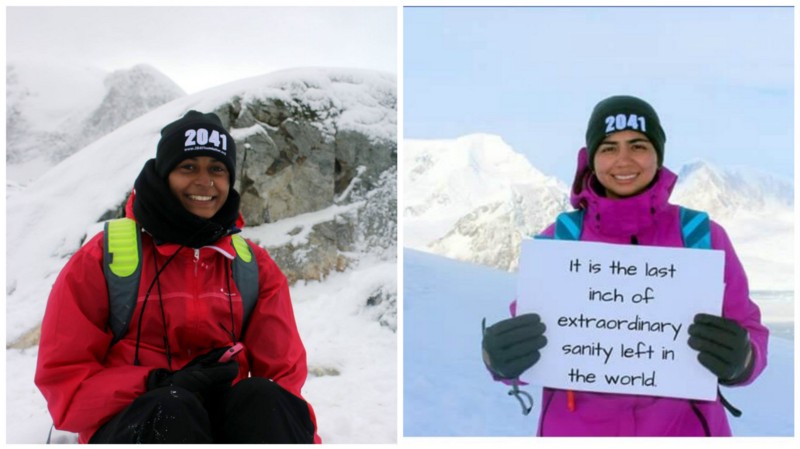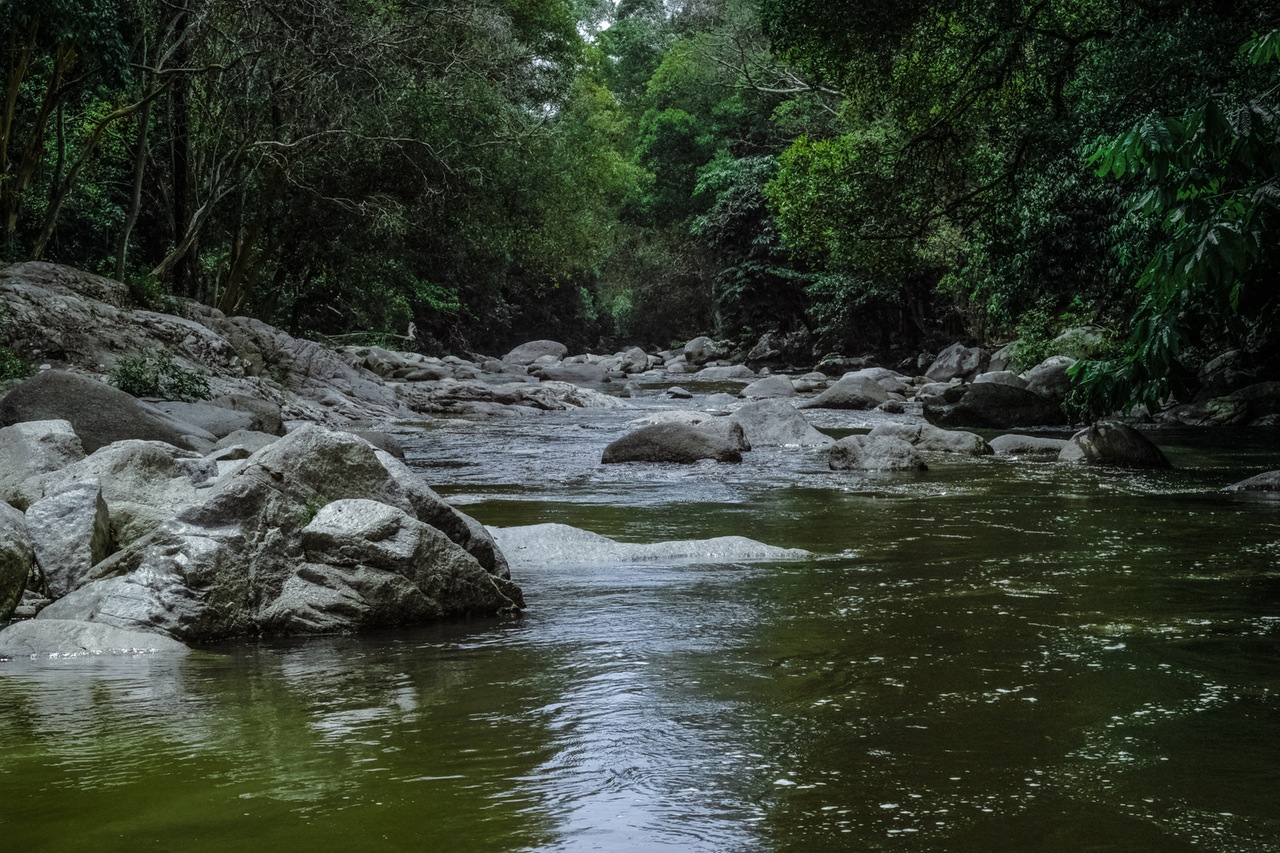8 Environmental Documentaries You Cannot Miss

Among other things, we enjoy watching documentaries. Nowadays, most documentaries have great production quality - some of them have breathtaking photography and others are beautifully edited. The ones we, as a citizens' movement advocating better waste management practices watch, all have a very strong environmental or social message.
Most of them are by American or European filmmakers but they often showcase some wonderful Indian initiatives. We enjoy debating about the documentaries we watch, to get different perspectives.
Here is a selection of documentaries that have influenced us individually and as a group, to understand the looming resource crunch and other problems the planet is facing. They have taught us that at a time when everything is globalised, becoming responsible citizens of the world is possible with simple and local solutions!
1. Home
(Yann-Arthus Bertrand, 2009)
A poetic view of the Earth in 50 different countries. This film also shows a lot of damage caused by humans to natural resources - with agriculture and mining and other effects of the perpetual quest for petroleum. Included are some solutions for how we can reverse the damage.
2. The Economics of Happiness
(Helena Norberg-Hodge, Steven Gorelick, John Page, 2011)
The Economics of Happiness describes a world moving simultaneously in two opposite directions. The first part shows how people’s aspirations have become the same all over the globe and the problems caused by this phenomenon. Economic globalisation has led to a massive expansion in the scale and power of big business and banking. It has also worsened nearly every problem we face: fundamentalism and ethnic conflict; climate chaos and species extinction; financial instability and unemployment. There are personal costs too. For the majority of people on the planet life is becoming increasingly stressful. The second part shows beautiful initiatives of localisation from all over the world, and how these changes have resulted in happier, healthier and more connected communities which are coming together to re-build an economics of localisation.
3. Trashed
(Blenheim Films, 2012)
In this documentary Jeremy Irons is our guide, showing us what happens to the billions of tons of waste generated in the name of economic growth. Landfills, incinerators, trash in the oceans, polluted land, water and air - all have disastrous consequences on human health and environment. Most non-degradable trash ends up in the oceans, and we discover the reality of the Great Pacific Garbage Patch and the horrendous effects of plastic waste on marine life.
4. Chasing Ice
(Jeff Orlowski, 2012).
Within months of his first trip to Iceland, photographer James Balog conceived the boldest expedition of his life: The Extreme Ice Survey. With a band of young adventurers in tow, Balog began deploying revolutionary time-lapse cameras across the Arctic to capture a multi-year record of the world’s changing glaciers and undeniable evidence of global warming.
5. The Invisible (R)evolutions
(Philippe Borrel)
With progress of technology, speed and immediacy have become society’s norm. French, German, British, and American thinkers are worried about the increasingly negative impact this progressive mutation of time is imposing on us all. Pierre Rabhi, pioneer of the Degrowth movement, Edgar Morin, Hartmut Rosa, Jeremy Rifkin, Rob Hopkins and Douglass Rushkof share their analyses of our world in its critical state, and the need to change the paradigm. This documentary travels around the world to portray people who decided to take the road less travelled and oppose this accelerating march, choosing to opt for a slower rhythm in order to “live well”. These movements want to give a new meaning to the notion of time and the way we live with it, with their real-life experiences. The emergency is the need to slow down!
6. Fresh
(Ana Sofia Joanes, 2009)
The film focuses on sustainable agriculture as opposed to monoculture that has numerous disadvantages. It celebrates the farmers, activists, and business people across America who are re-inventing the food system. Each has witnessed the rapid transformation of our agriculture into an industrial model that has led to terrible consequences such as food contamination, environmental pollution, depletion of natural resources, and morbid obesity. Healthier, sustainable alternatives offer a better future for our food and our planet.
7. Dirt
(Gene Rosow and Bill Benenson, 2009)
Narrated by Jamie Lee Curtis, Dirt brings to life the environmental, economic, social and political impact of the Earth’s soil. It shares the stories of experts from all over the world who study and are able to harness the beauty and power of a respectful and mutually beneficial relationship with soil. But more than the film and the lessons that it teaches, it is a call to action. “When humans arrived 2 million years ago, everything changed for dirt. And from that moment on, the fate of dirt and humans has been intimately linked.” How can you improve that relationship for the better?
8. The Seed War
(Clement Montfort and Stenka Quillet)
Are seeds a commodity or a vital resource to be shared for the benefit of humanity like the water we drink or the air we breathe? In the near future, farmers might lose the right to plant their own seeds. In Europe, a regulation is emerging which will impose strict controls on the use of agricultural seeds. Behind this appropriation stand five corporations already controlling half the world’s seed market and looking to spread their stranglehold even further.
We Care for Malleswaram is a Bangalore-based citizens' movement focusing on sensitising people about issues of garbage, waste management, composting and urban farming.













